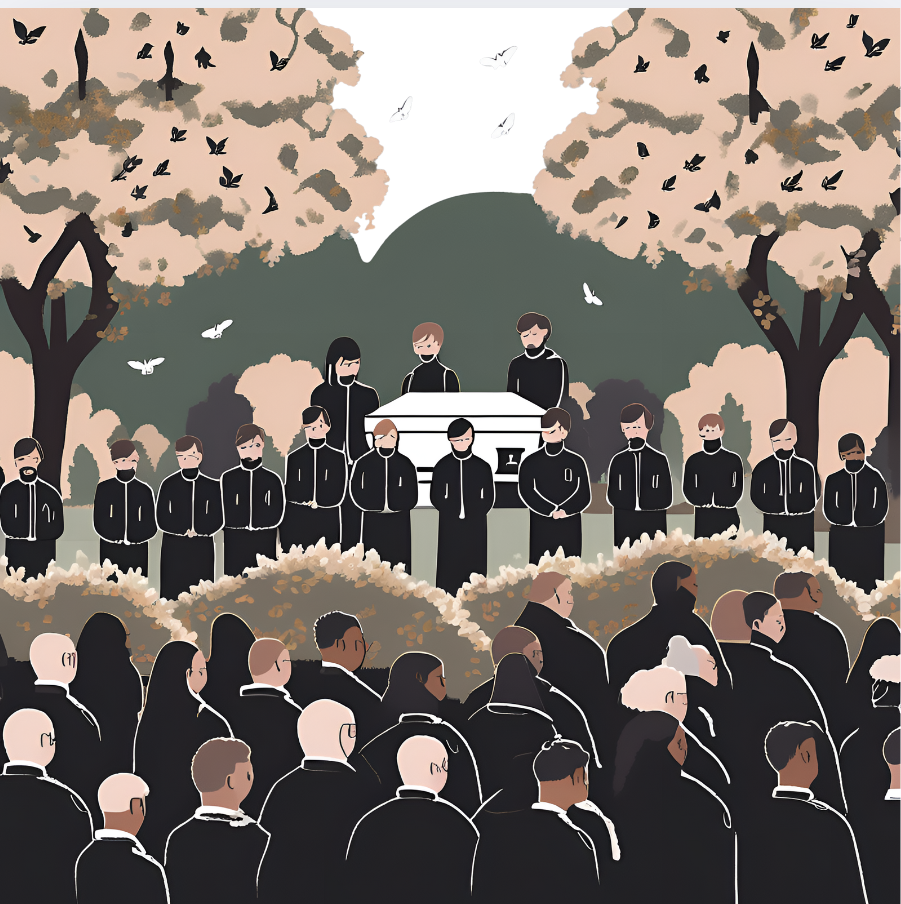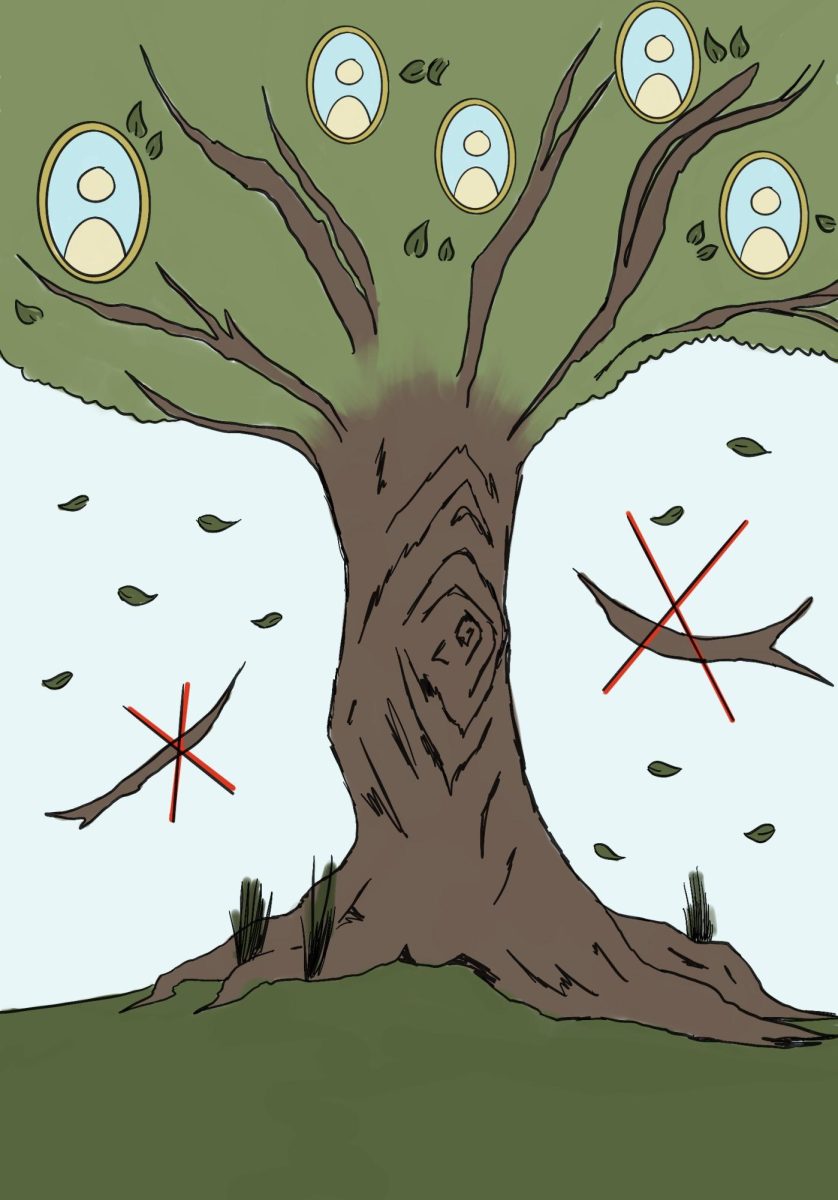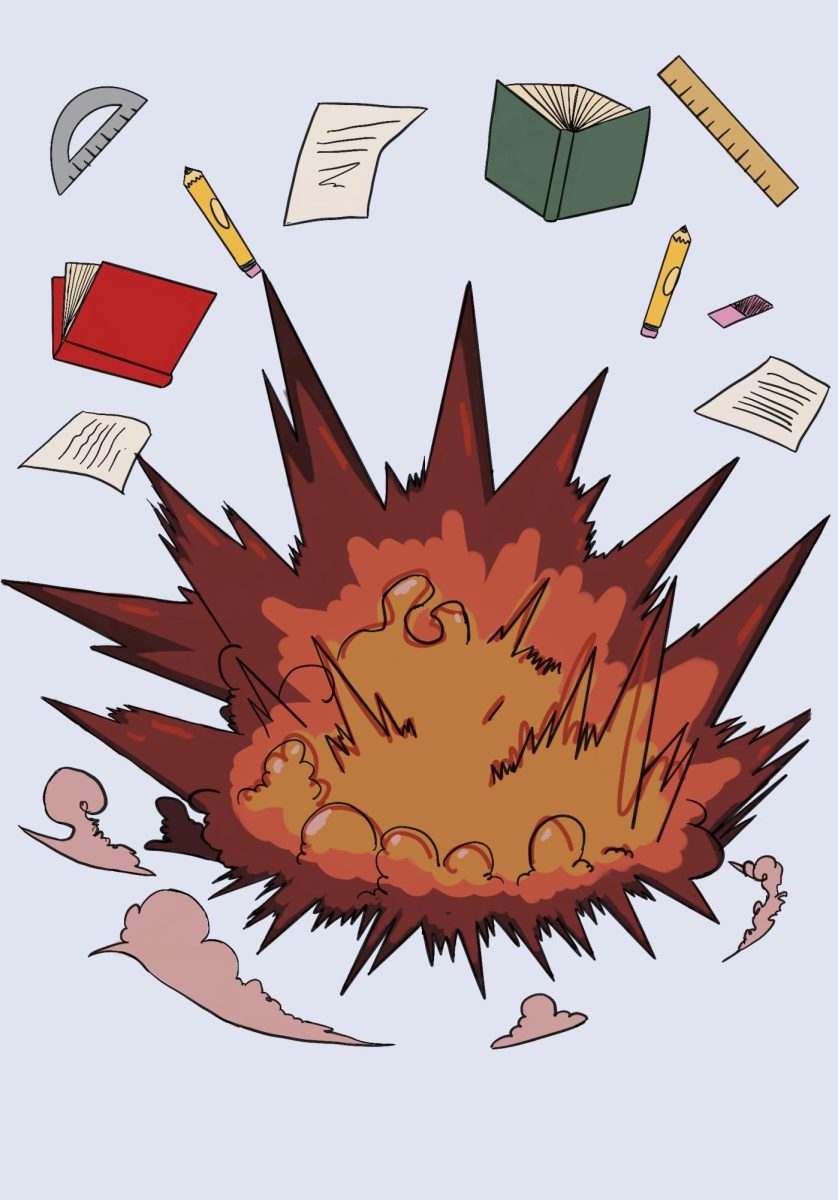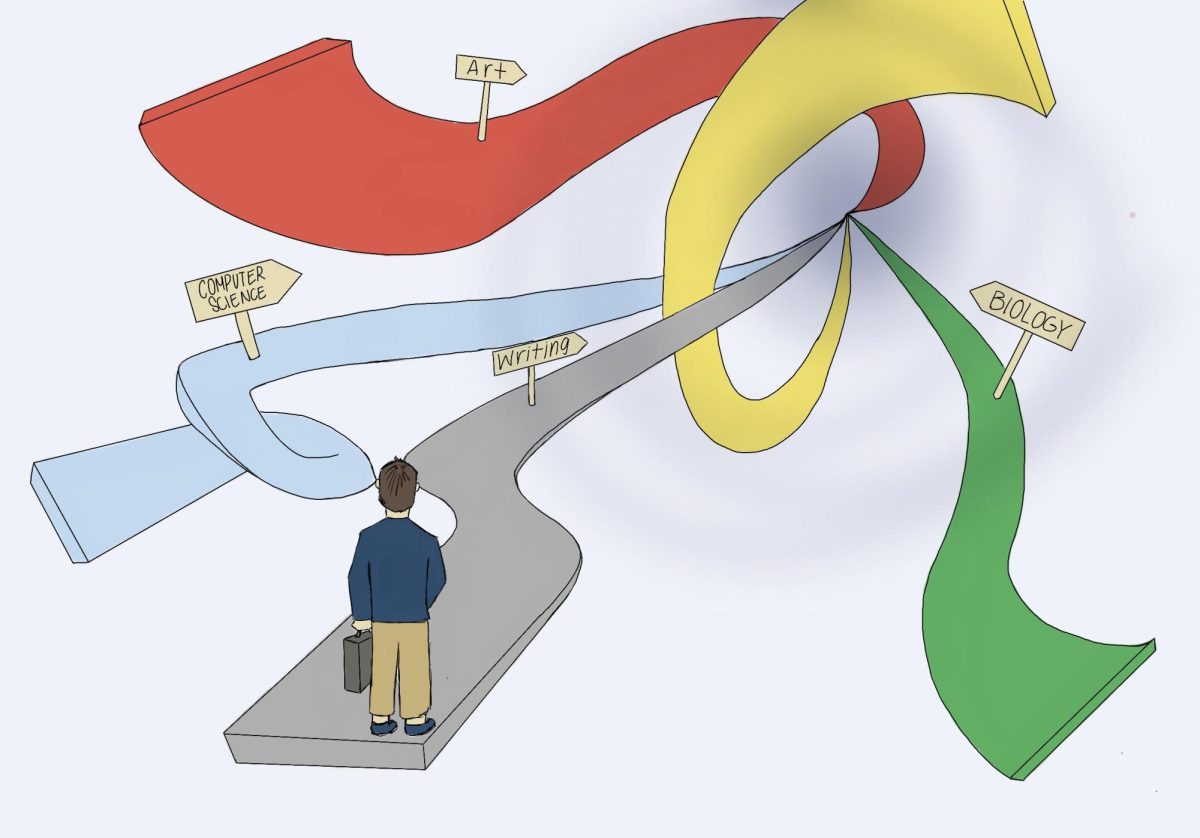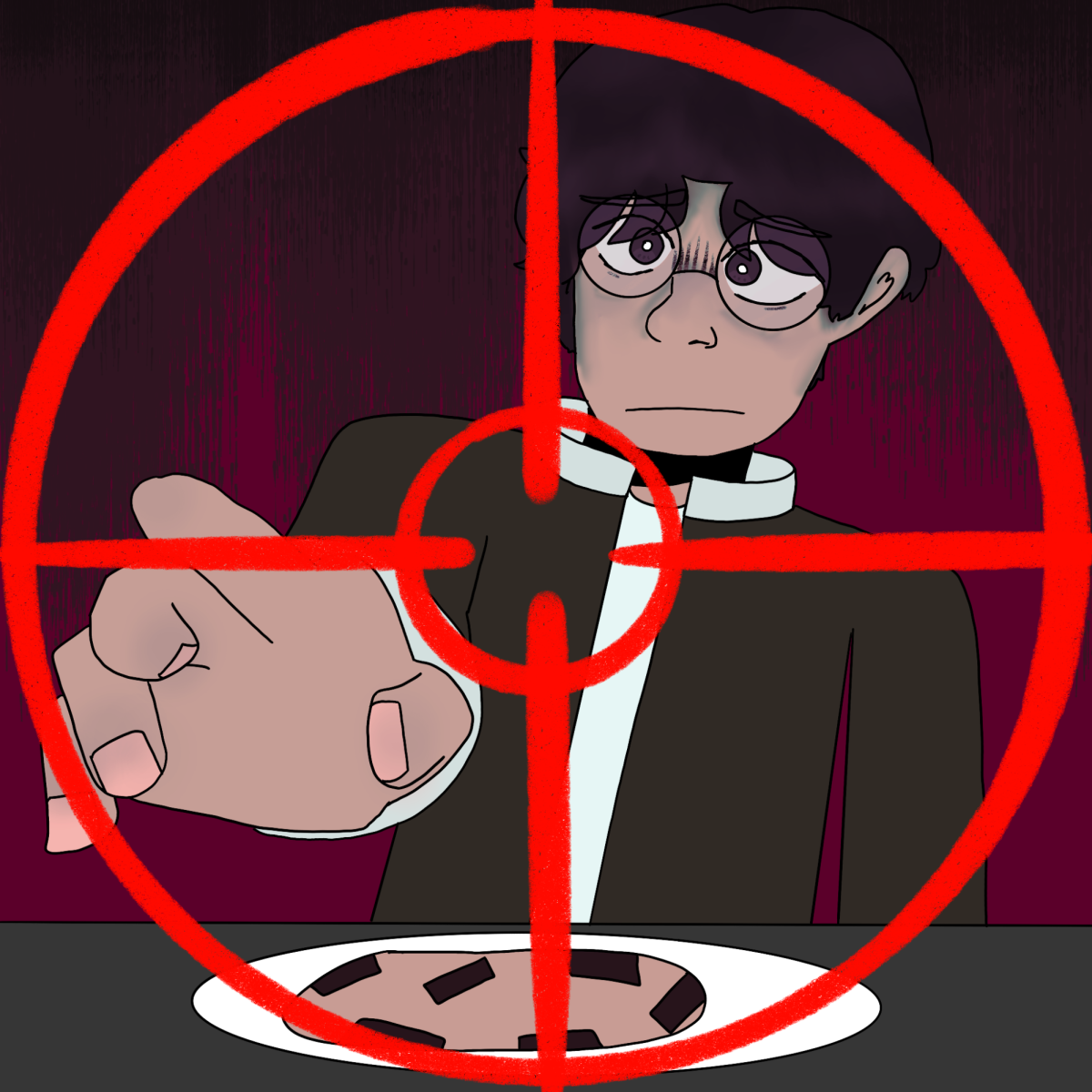The death of a celebrity, especially one who has been a part of our lives for years, often brings a flood of emotions. For fans, it can feel as if a part of their own history is gone, especially when that celebrity shaped their childhood or teenage years. When Liam Payne died, countless fans were extremely disheartened by his death, as One Direction, Payne’s band, was an integral part of most of their childhoods.
Growing up, I didn’t have much exposure to “English” music. Bollywood music was prominent in my house, and the first English song I heard was “Drag Me Down” by One Direction. It was the start of my One Direction phase, and the love I had for each member was immense, so Liam Payne’s tragic passing was a shock to childhood me. However, the actions that have been done after his death by his “fans” are unforgivable. Even taking into account the fact that Liam Payne played a role in many people’s childhoods, and the manner and timing of his death were extremely tragic, it is not a reason to start attacking other people to pin the blame.
Liam’s untimely passing shocked the world, leaving everyone devastated. Many turned to social media to mourn, express their grief, and reflect on his impact on their lives. But with this grief, unfortunately, came something far more troubling: accusations and attempts to place blame on his ex-girlfriend Maya Henry, who, just a week before his death, took to social media to expose Liam Payne for domestic abuse.
This kind of victim-blaming in the wake of tragedy is not only unfair and harmful but also irresponsible. It’s vital to recognize that mourning the loss of a childhood figure is natural and important, but it’s equally important to acknowledge that excusing celebrities for their past actions, especially in death, or attributing blame without evidence, is not acceptable. Instead of commending a woman who was brave enough to speak her truth, which is never easy, especially in cases of abuse, fans are pointing fingers at her and ignoring her pain and trauma. This is not justifiable.
When a celebrity dies, particularly someone like Liam Payne, fans may struggle to reconcile the image they had of this person with the reality of the life they lived. Celebrities, despite their public personas, are often complex individuals with personal struggles, relationships, and histories that may not always be in the spotlight. In some cases, certain actions or behaviors may have been part of their journey, and it’s tempting to excuse those things in the aftermath of their death—often out of a desire to preserve a cherished image.
However, excusing negative behaviors or actions simply because the person is no longer alive sets a dangerous precedent. This approach may prevent us from critically analyzing the entirety of their life and their impact on others, both good and bad. In the case of Liam Payne, for instance, excusing harmful actions or overlooking potential mistakes just because he passed away can erase important conversations about personal growth, responsibility, and the lessons we can learn from someone’s life.
At the same time, it’s crucial to separate mourning from trying to pin blame on other individuals—especially without any solid evidence. Doing so shifts the focus from grieving the loss of the person to shifting responsibility for their death, which does nothing to honor the memory of the person who passed away.
One of the most concerning aspects of the aftermath of Liam Payne’s passing was the accusations aimed at his ex-girlfriend, claiming she played a role in his death. His ex-girlfriend, Maya Henry, came out to social media to talk about the abuse she faced at the hands of Liam Payne. These kinds of rumors can easily spiral out of control, especially in the digital age, where social media often serves as a board of unverified opinions.
When fans or observers start to blame someone, particularly an ex-partner, for a celebrity’s death, they not only hurt that individual but also prevent the real, nuanced conversations that need to be had about mental health, addiction, and other factors that could contribute to a person’s death. We should remember that grief often triggers a wide range of emotions, and sometimes these emotions manifest in a desire to find someone or something to blame, especially when the loss is unexpected and difficult to process.
But placing blame on a specific person when there is no clear evidence to support such claims only harms everyone involved. It places unnecessary emotional weight on someone already grieving the loss of a loved one and detracts from the broader, more important conversation about how we as a society can better support mental health and emotional well-being, especially for people who live under the intense public scrutiny that celebrities do.
Additionally, when we engage in victim-blaming behavior, we undermine the real possibility of healing. Rather than focusing on unsubstantiated accusations, we should be focused on honoring the memory of the individual, recognizing their accomplishments, and respecting the mourning process of those who loved them.
In the wake of Liam Payne’s death, fans have an important opportunity to reflect on how they process grief, celebrity culture, and their relationships with public figures. It’s essential to allow space for mourning and acknowledging the pain of loss, but it’s equally important to approach situations like this with empathy and a sense of responsibility.
Mourning is a deeply personal experience, and it can be comforting to idolize or idealize someone we’ve lost. However, we must always remember that celebrities are people too, with flaws and complexities like anyone else. Holding onto the idea that they were perfect, or that their actions should be excused simply because they’re no longer around, does a disservice to both the individual’s legacy and the real, human stories behind their struggles.
Most importantly, blaming others without facts or any real basis for doing so is never an appropriate or responsible way to process a loss. Instead, we should focus on offering support to those directly affected, whether that’s through offering compassion to their families or engaging in conversations about the mental health challenges that many celebrities face. We can mourn Liam Payne’s death while also respecting the lives and experiences of those involved.
In the end, the most respectful and responsible way to deal with the death of a public figure is to avoid placing blame, excusing harmful behavior, or engaging in speculation. It’s about acknowledging the person’s humanity, reflecting on their impact, and providing space for others to mourn without judgment or harmful accusations. Only then can we truly honor their memory in a thoughtful, dignified way.

